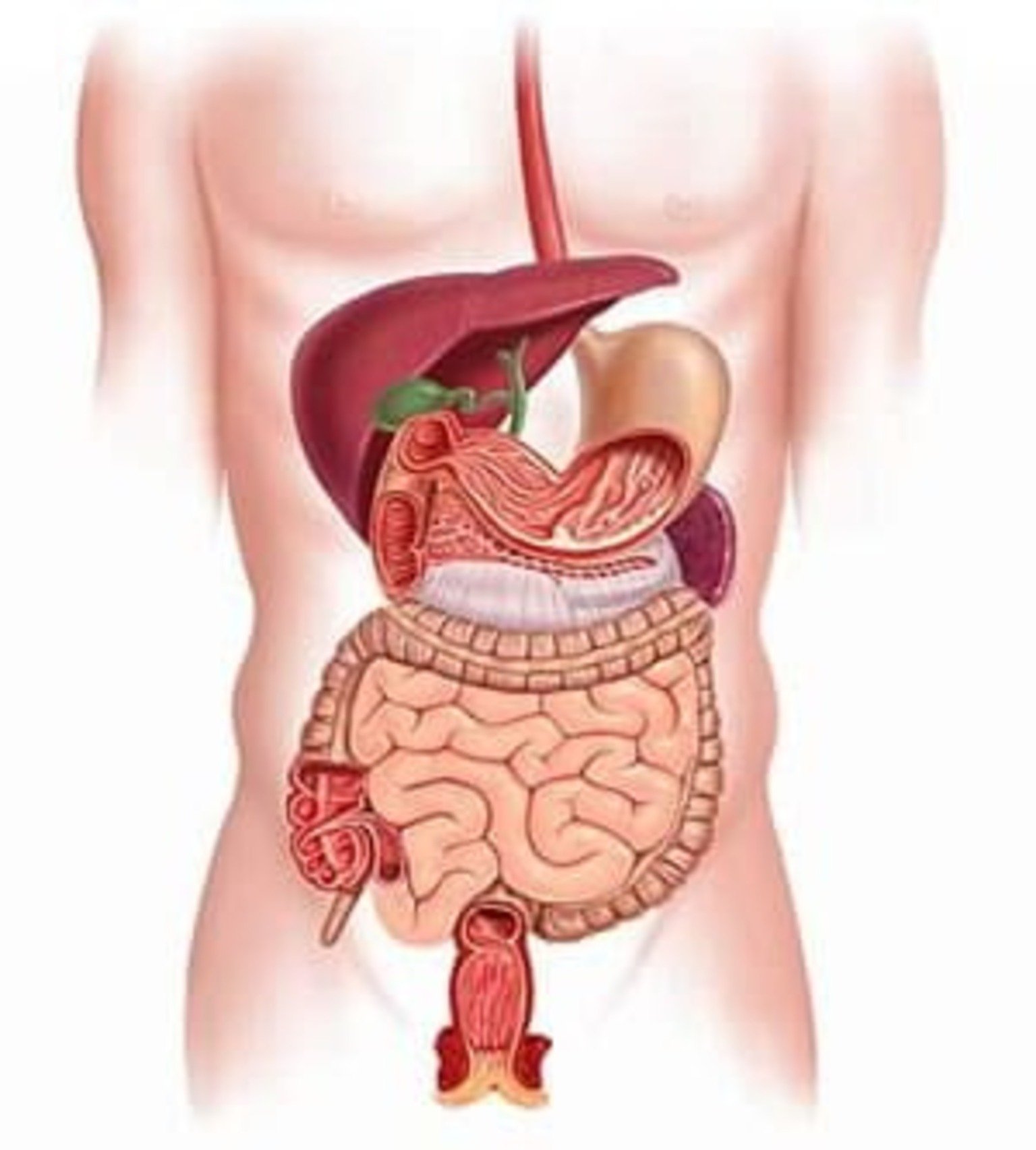In today’s high-pressure world, stress has become part of daily life. While many people are aware of the impact stress can have on their mental health, fewer realize how deeply it affects their digestive system. From bloating and cramps to acid reflux and IBS flare-ups, stress-related digestive issues are increasingly common. Fortunately, there are effective ways to manage the impact of stress on your gut—and if symptoms persist, the best gastroenterologists in Vadodara can provide expert guidance and treatment.
The Gut-Brain Connection: More Than Just a Feeling. The gut and brain are constantly in communication via the gut-brain axis—a complex network of nerves, hormones, and microbiota. This means emotional stress can directly influence digestive function. When you’re stressed, your body activates its fight-or-flight response, redirecting blood away from the digestive organs. This slows digestion, alters enzyme production, and disrupts gut motility. Over time, stress can also cause inflammation and imbalance in your gut microbiome, leading to various gastrointestinal symptoms.
Digestive Symptoms Commonly Triggered by Stress
If you’re under frequent or chronic stress, you may experience:
- Bloating and abdominal discomfort
- Nausea or changes in appetite
- Constipation or diarrhea
- Heartburn or acid reflux
- Cramping or urgency
- Flare-ups of IBS or GERD
While occasional digestive upset may not be alarming, persistent symptoms can indicate deeper imbalances that require medical attention.
How to Manage Stress and Improve Digestion
Reducing stress can have a powerful positive impact on both your overall well-being and your digestive system. If you’re experiencing ongoing digestive issues, it may also be helpful to consult with one of the best gastroenterologists in Vadodara for professional guidance.
- Practice Mindful Eating
Avoid eating on the go or while distracted. Sit down, chew slowly, and focus on your meal to enhance your digestion.
- Exercise Regularly
Daily movement helps reduce stress hormones and supports regular bowel function. Even a half-hour stroll can have an impact
- Meditation and Deep Breathing
Relaxation techniques like yoga, meditation, or even a few minutes of deep breathing can calm your nervous system and ease digestive tension.
- Sleep Well
Lack of quality sleep increases stress and weakens digestion.
- Balance Your Diet
Limit processed foods, caffeine, and alcohol. To help your gut microbiota, eat more fruits, vegetables, and fermented foods that are high in fiber.
When to Gastroenterologists in Vadodara
Seeking professional assistance is crucial if intestinal discomfort persists even after making lifestyle adjustments. The best gastroenterologists in Vadodara can assess whether your symptoms are stress-related or linked to an underlying gastrointestinal condition.
A specialist can recommend diagnostic tests, tailor your treatment plan, and guide you on managing both stress and digestion holistically.
CONCLUSION
Your digestive system senses stress because of the strong connection between your stomach and brain. The good news is that with the right combination of self-care and professional support, you can break the cycle and restore balance.
If you’re facing ongoing digestive problems, don’t wait. Reach out to the best gastroenterologists in Vadodara for comprehensive care and long-lasting relief. Your stomach and mental health will appreciate it.
Contact Us
If you’re experiencing symptoms or need consultation for ureteral stones, visit Desai Surgical Hospital for expert care.
Phone: 0265 2435153
Email: care@desaisurgical.com

